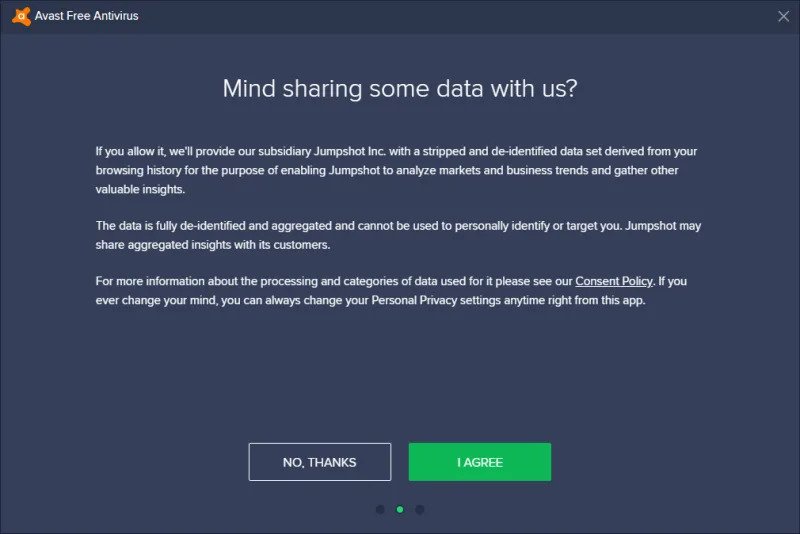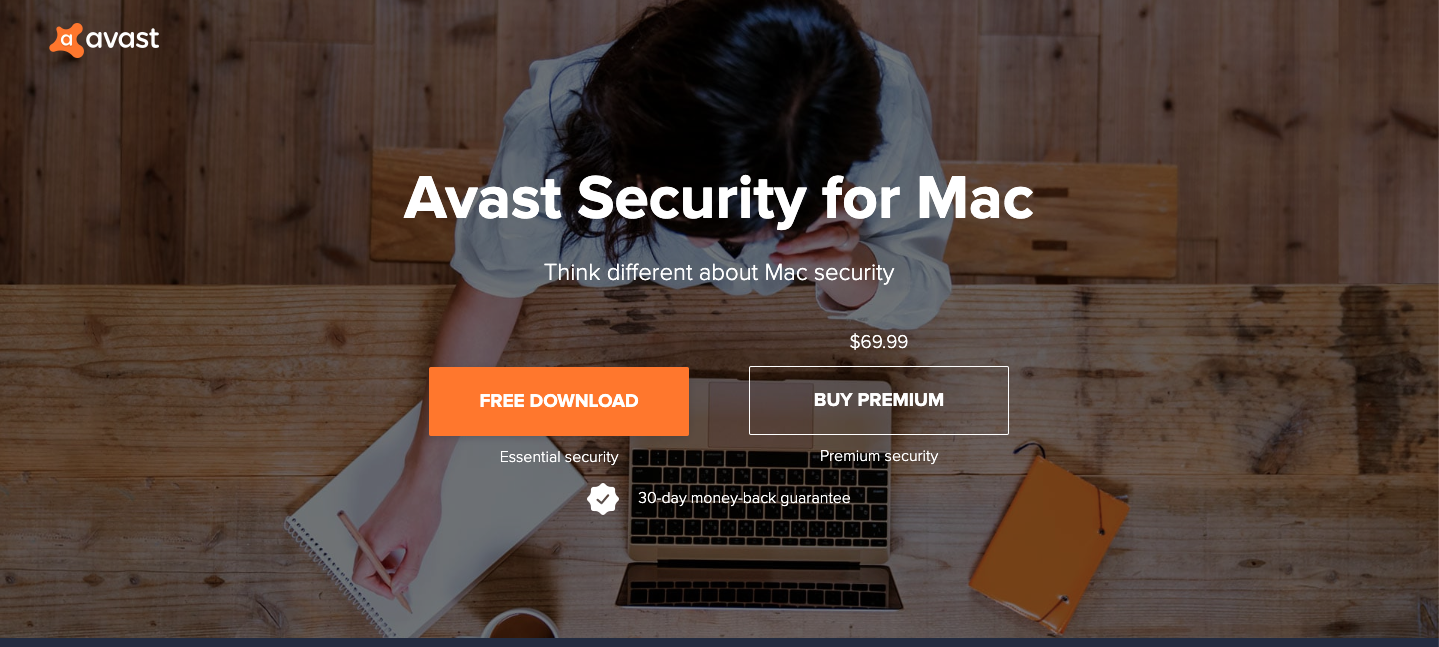Last weekend you might have been binging on movies, series, and PC games downloaded from pirate sites. You enjoyed yourself all the while giving the likes of Netflix and Steam a digital middle finder thinking, why should I pay when I can get this stuff for free?
Well, Avast has just served a hard smack across the face of users always prowling the internet for freemiums and knockoff consumables. Reminding them that “there is no such thing as a free lunch.”
The background of the story is as follows. Wladimir Palant, the creator of Adblock Plus browser extension called out Avast, on implanting data harvesters in its browser extension. Something that prompted both Mozilla and Opera browser to withdraw support for the Avast extensions.
That Avast and a boatload of other software programs on your computer, tablet, smartphone, and smart TV do collect user data is not secret. They often promise us in the fine print of their T&C pages that the information collected will be stripped of any personal identifications, and will only be used to improve the user experience.
Yeah, don’t let the legal mambo jumbo fool you. If you are given something for free, especially something complicated to make and very useful to you. Then the product for whoever is giving the free thing, is not the thing being given, but you; you are the product.
I hope I didn’t lose you there in that wordy whirlwind castigation of freemiums. As it turns out, the Avast browser extension has been mining your data, from every click on your screen, every keystroke on your keyboard, the sites you visit, and other activities you do on your computer.
That information is being harvested by Jumpshot, a subsidiary of Avast formed in 2015 and operates independently from the parent company. Jumpshot acquired your data through Avast digital products installed on your system.
While Avast promised users that the data collected is “fully de-identified and aggregated and cannot be used to personally identify or target you,” in the user privacy agreement. The truth of the matter remains, that data can actually be linked back to you, as an individual user.
In return, Avast gives marketers a treasure trove of aggregated consumer data, which they can use to serve you highly targeted ads. Guess, who will be smiling all the way to the bank; Avast.
On the other hand, you will be finding extreme temptations on the ads you meet online. It will be almost as if they read your mind, but that is exactly what they did thanks to data sold to them by Avast.
I already have Avast installed, what should I do?
Well, the good news is Avast CEO, Ondrej Vlcek, has disbanded Jumpshot, the subsidiary company that was (actually spying on you) harvesting your data. Effectively rendering about a hundred people jobless.
So if you decide you still can trust them, there is a reassurance from the company’s top organs that they have seized and stopped further spying. However, if you decide that you can no longer trust them, below is a list of alternative antivirus and antimalware programs recommended by guys from LifeHacker.com.
| Windows Defender | Malwarebytes |
| Adwcleaner | ClamAV |



